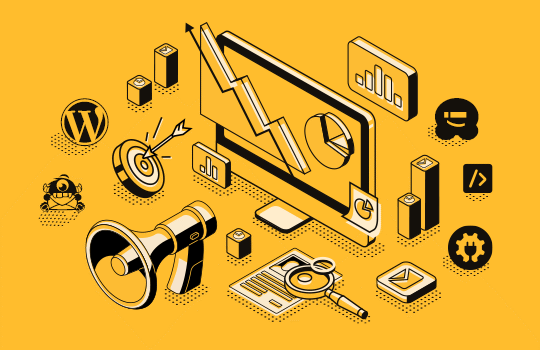
As healthcare providers face increasing demands, optimizing office workflows has become more crucial than ever. One way to enhance efficiency and streamline processes is through the implementation of artificial intelligence (AI) technologies. In this article, we will discuss four ways healthcare AI is revolutionizing office workflow management.
Automating Routine Tasks with Healthcare CRM Systems
By using healthcare CRM systems, healthcare providers can automate various routine processes to significantly reduce manual work and improve healthcare workflow efficiency. With AI-enabled CRM software, tasks like scheduling appointments, sending reminders, and managing patient records become more manageable and less time-consuming. This not only saves valuable time but also decreases the risk of human error, ultimately leading to better patient care and satisfaction.
Enhanced Patient Triage
Efficient triage is essential to prioritizing patient care based on the severity of their condition. Healthcare AI can support staff members in this task by analyzing multiple data points, such as vital signs, medical history, and even geographical data. This way, AI algorithms can predict the patient’s needs more accurately and recommend an appropriate course of action. As a result, healthcare providers can allocate resources more effectively, ultimately reducing patient wait times and ensuring that each patient acquires an appropriate level of care.
Personalized Treatment Plans
Healthcare AI can also support the development of personalized treatment plans that cater to the individual needs of each patient. By leveragingmachine learning algorithms (MLAs) and large amounts of patient data, AI can recognize patterns and trends that may not be apparent to healthcare professionals. This information enables providers to create highly customized treatment plans that consider factors like disease progression, comorbidities, and response to previous treatments. Implementing personalized treatment plans may ultimately lead to better patient outcomes and increased satisfaction with healthcare services.
Predictive Analytics and Risk Assessment
One of the most significant benefits of healthcare AI is its ability to employ predictive analytics in various aspects of healthcare management. Using data collected from a wide range of sources, MLAs can identify potential risk factors and predict future health outcomes. This information is invaluable for healthcare providers who can use these insights to develop targeted prevention strategies and mitigate potential risks.
For example, healthcare AI can analyze patient records to detect patterns that indicate a higher likelihood of readmission or complications. Armed with this information, providers can then develop care plans designed to reduce these risks, leading to better overall patient care.
To Wrap Up
By integrating AI into their daily operations, healthcare providers can improve healthcare workflow to ultimately increase efficiency and patient satisfaction. Automation, enhanced triage, personalized treatment plans, and predictive analytics are just a few examples of the many ways AI is revolutionizing the healthcare industry. As AI continues to rise, its role in streamlining office workflows will become increasingly essential, ultimately leading to the optimization of healthcare services for both providers and patients alike.





